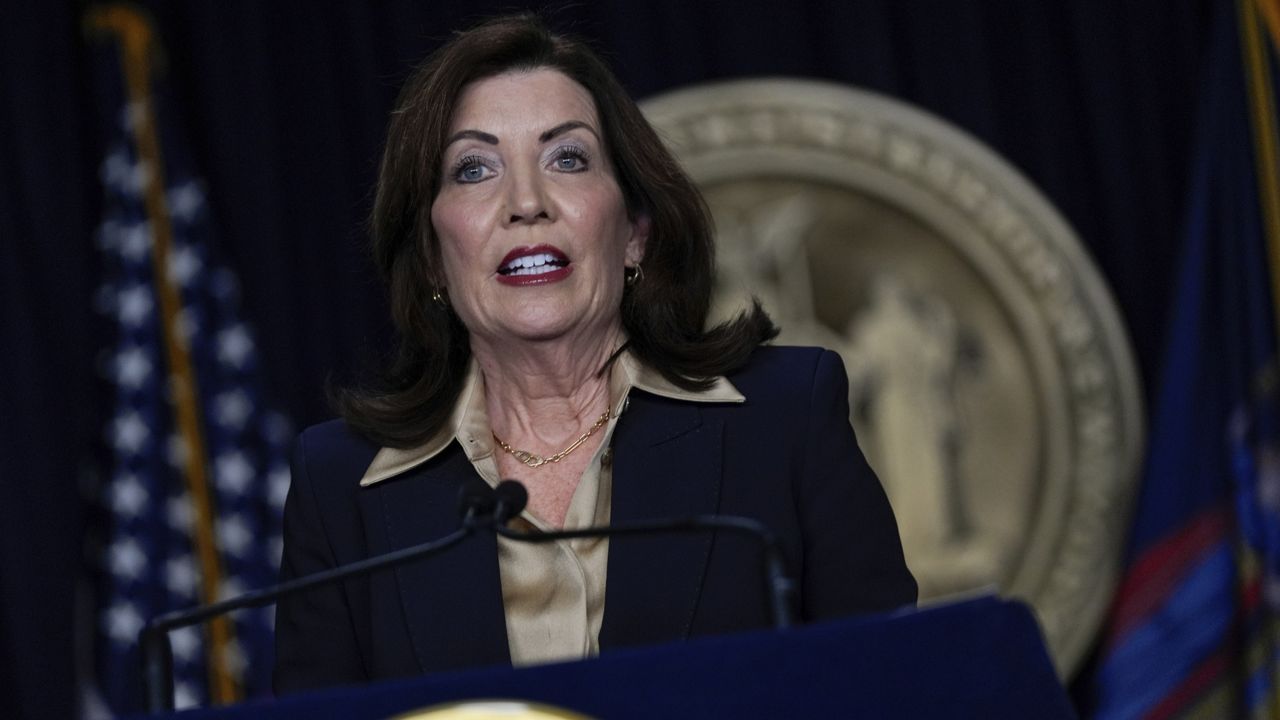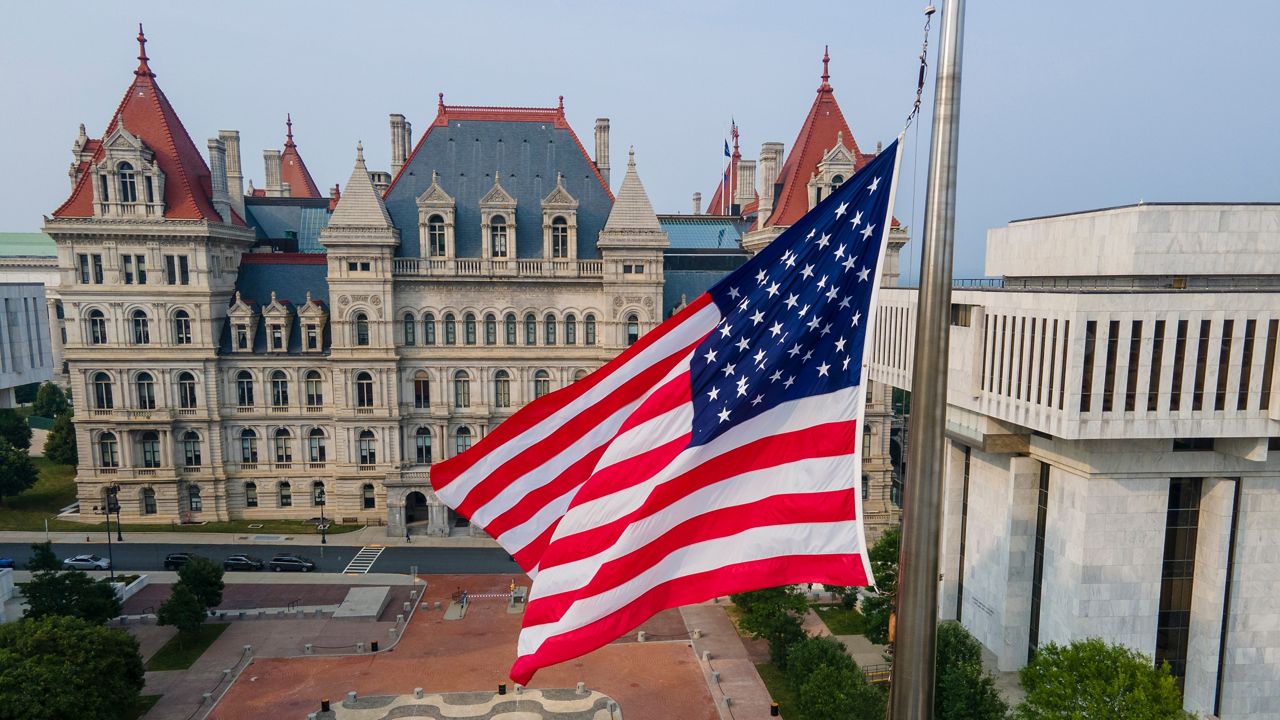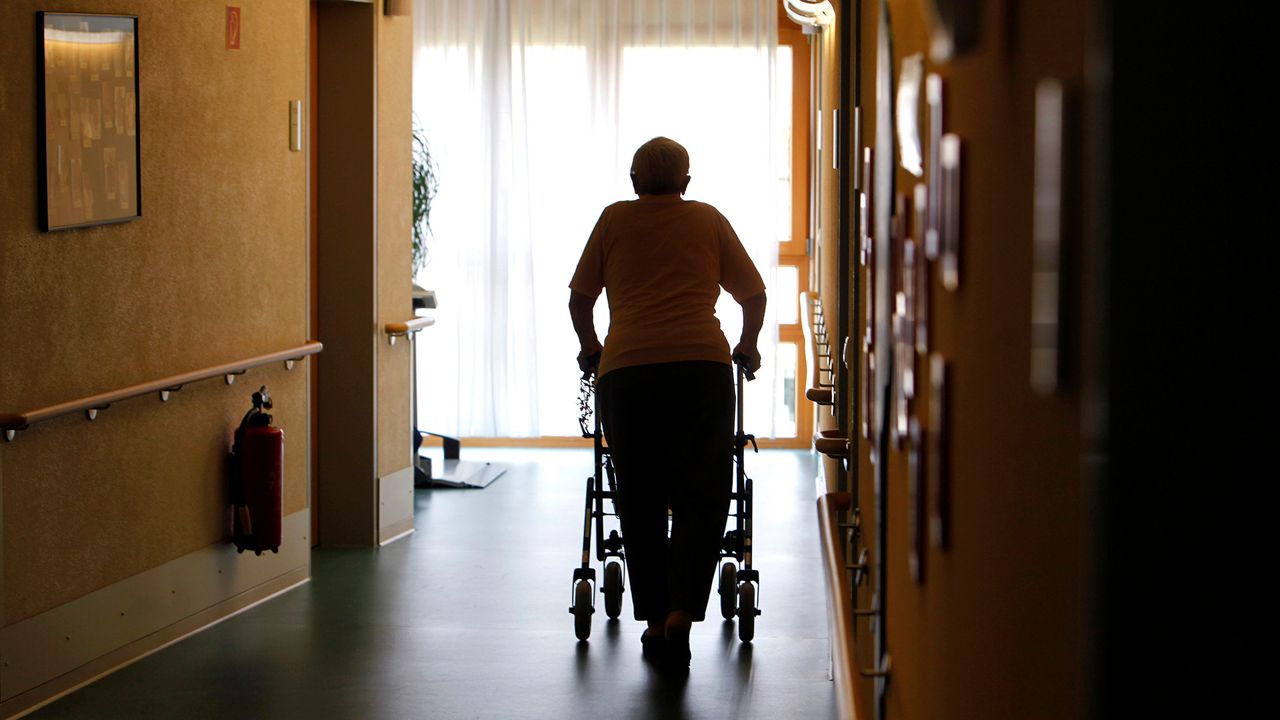Top officials in the state Commission on Ethics and Lobbying in Government said they plan to push for more state resources next year after funding was included in the latest budget to expand the agency's workforce by 40%.
Members of the ethics commission are starting to explore ways to cut savings in next year's spending plan, feeling the fiscal pressure from last week's Budget Division ask for state agencies keep spending flat in budget requests due next month amid a $9.1 billion projected budget gap.
"We have to start anticipating that we won't be able to, that the Legislature won't be able to grant us the requested increases and we have to start thinking about what we do in that connection," commissioner Michael Cardozo said Wednesday.
The ethics watchdog, which also provides yearly ethics training to thousands of state employees, held its first regular meeting since July in Albany and New York City.
The Commission on Ethics and Lobbying in Government, established last July, received an additional $2.4 million in funding in the most recent budget, including to plans to hire 21 more people. Commissioners on Wednesday said they expect to need more than the $7.7 million allocated in the 2023-24 fiscal year, which could impact the frequency of in-person meetings, technological equipment for staff and other reductions that could impede ethics enforcement in New York.
"If the governor's office is saying keep your budgets flat from the current fiscal year, and inflation is 3%, that's effectively a cut," NYPIRG Executive Director Blair Horner said.
COELIG continues to work to expand its staff to 68 full-time employees as directed in the budget, up from 47 last year. The agency has hired 14 individuals so far this year, with 51 staff members working as of Wednesday and three new hires preparing to start in the coming weeks, COELIG officials said.
"The agency is in the process of filling the newly created positions," according to the department. "With the new senior leadership team in place, the agency has and is hiring additional staff and filling vacancies as quickly as possible. A number of key appointments have been announced since then in February, April and August. ...We are interviewing for the remaining open positions."
The entity will fight for a spending increase for nonpersonal services for the 2024-25 fiscal year. But members will look for ways to cut savings, including $30,000 spent on per diem travel reimbursements for the agency, or holding more meetings virtually to save money.
Things grew more tense Wednesday when COELIG chair Frederick Davie announced he, and two other men on the commission — Vice Chair Leonard Austin and commissioner Seymour James — formed a working group to look for alternative ways to cut costs.
"There's no female on that group," replied commissioner Claudia Edwards, who was then invited to assist with finalizing a more detailed cost breakdown.
Several other female commissioners echoed their shared discontent. Davie agreed to email commissioners about new working groups or developments in between meetings to give other members opportunity to participate.
Horner noted similar discord divided smaller groups of commissioners in the former Joint Commission on Public Ethics dismantled under Gov. Kathy Hochul's administration after concerns about its efficacy and influence by former Governor Andrew Cuomo.
NYPIRG is one of several good-government groups in support of a constitutional amendment to create a more independent ethics agency.
"We think it should be more independent than it is," Horner said. "We'll see how it plays out. ... The proof is always in the pudding."
As New York's fiscal picture develops, good-government groups say effective ethics enforcement will be impossible without proper funding.
Common Cause New York Executive Director Susan Lerner says the mission can't be done on a shoestring budget, and requires full-time investigators to answer complaints in a timely fashion.
"What is really expensive is when we have elected officials who are are indicted, and then jailed for corruption," she said. "... If you're going to provide the public with the information so that they can be watchdogs and monitor, then you need to put some resources into it."
NYPIRG executive director Blair Horner agrees ethical government is cheapest for taxpayers.
He's urging lawmakers to hold a legislative hearing this fall to evaluate what the agency is doing correctly, inefficiently and how much money the ethics enforcement entity needs going forward.
"The Legislature really has an important role to play in terms of ensuring that it's getting upright, it's been set up properly, it's doing what it's supposed to do," Horner said.
A bicameral deep dive is especially necessary, Horner added, since the agency was created just more than a year ago.
"And then, you make a budget," he said. "But certainly, they believe they need more resources, and the flat budget means they won't get it."









